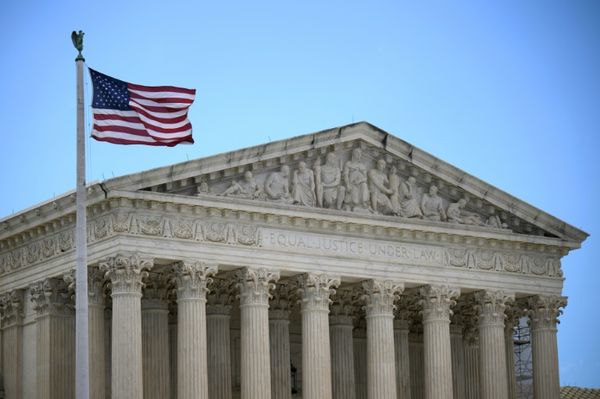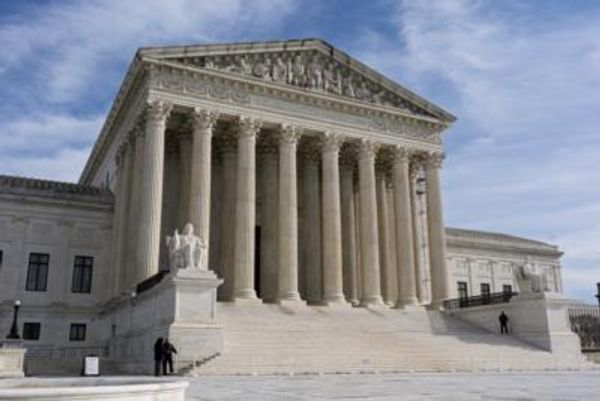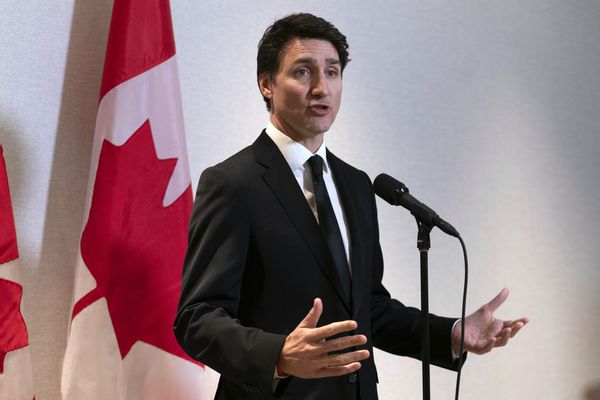
An incumbent leader refuses to commit to a peaceful transfer of power. While his political allies rail about an attempted coup, he calls for his opponents to be arrested. Expectations of political violence grow as the leader calls for his supporters, who include armed vigilantes, to man polling stations. As investors brace for political and social instability, the country’s financial markets gyrate with each election poll and cryptic update on the leader’s medical state.
Welcome to the United States’ first modern-era election as an emerging market.
With its deep and liquid financial markets, large consumer-driven economy, and global reserve currency, the United States—at least economically—remains the most developed of the world’s developed markets. But its politics increasingly resemble that of an emerging market, where weak political institutions and polarized societies increase the risk of instability around elections.
Disputed elections, political violence, and precarious transitions have long been hallmarks of emerging markets; Turkey, Nigeria, and Argentina are recent examples where election mayhem precipitated economic pain, social unrest, and tumbling markets. In developed countries, by contrast, institutions are normally strong enough to ensure that political competition remains peaceful and electoral outcomes are recognized as legitimate by all parties. In the United States, however, developed-world stability may be a relic of the past.
Extreme outcomes such as civil war or a sustained insurgency are rare events even in emerging markets, and in the United States they remain “tail risks”—what economists call an extreme but low-probability outcome—as well. But the tails are clearly fatter for this election than any other in recent history. Indeed, as recently as September, futures trading for the Chicago Board Options Exchange’s Volatility Index—a measure of unpredictability in stock prices sometimes called the “fear gauge”—was pricing the Nov. 3 U.S. election as the single worst event risk since the index first began trading in 2004. Wall Street fund managers, too, have consistently cited the election as the market’s greatest tail risk in 2020. When professional investors normally hedge against outsized risks of this sort, they buy assets seen as safe such as U.S. Treasury bonds. But with the specter of instability hanging over the United States, some are diversifying into emerging market bonds instead—an inversion of the usual pattern. Meanwhile, the growing list of risks emanating from the United States is heightening concerns about the status of the U.S. dollar as a safe haven for investors.
Over the past few days, Biden’s solidifying poll lead has reduced fears of a contested election and the market volatility that would come with it. But the situation surrounding the election remain unpredictable, and the fact that U.S. markets have now rallied on prospects for a more stable transition of power speaks volumes about the emerging-markets-style uncertainty gripping U.S. politics.
How we got here is, in part, obvious: U.S. President Donald Trump has quite clearly based his reelection strategy on stoking societal divisions, casting doubt over the legitimacy of the vote, and encouraging outright political vigilantism.
But there is a less obvious—and ultimately more important—answer that lies within the deeper trends in U.S. politics and society that predate the Trump presidency but have been exacerbated by it. The United States has seen growing institutional instability and social polarization more often found in fledgling democracies such as Hungary or coup-prone countries such as Thailand than in stable, developed societies.
According to data tracked by my firm, GeoQuant, the level of U.S. institutional risk has increased by 29 percent over the last eight years, a change on par with trends seen in Hungary and Thailand. At the beginning of 2013, when then-President Barack Obama started his second term in office, U.S. institutional risk measured somewhere between Germany’s and Canada’s; today, it lies between that of Uruguay and Taiwan, two emerging markets.
GeoQuant’s data—derived from measures of risk, institutional stability, state capacity, and rule of law—suggests that U.S. legislators have become less bound by rules and less effective at making policy, while government agencies have become less capable of carrying those policies out. U.S. political parties are weaker and more fractious, while judges and prosecutors are all the more politicized. Rule by the leader’s decree (or, in developed-market speak, by executive order) is now more common. Checks and balances have weakened.
Meanwhile, U.S. society has changed as well. As we all know, a more diverse and urban country has also become more economically unequal. Education and health outcomes have deteriorated, especially in rural areas, where the American dream has become ever more elusive. In data terms, this translates to a marked increase in both social polarization and human development risks. In our index for social instability, the United States now ranks between Malaysia and Brazil.
These institutional and social trends have combined to undermine Americans’ faith in democratic institutions, including the electoral process. Much of today’s contentious debates about the legitimacy of the Electoral College, the U.S. Senate, and the two-party system reflect the fact that these institutions vastly overrepresent whiter and more Republican constituencies. Together with gerrymandered election districts, voter suppression, and an antiquated system for casting ballots and validating results, these factors undermine citizens’ options for political participation and facilitate minority rule. All this, too, is more familiar from developing countries than Western democracies.
To be sure, these trends are what brought Trump to power in 2016, and they will persist after he is gone from the White House. Even if Democratic challenger Joe Biden wins easily and U.S. politics begins to look more like that of a developed market again, the country’s darker currents won’t subside completely. A new Democratic president would face tremendous pressure to play hardball with his former Republican colleagues in Congress, while large parts of the Republican Party will continue to be motivated by the ethnonationalism that has become the party’s hallmark under Trump. In other words, no matter what happens in November, the world’s oldest democracy may well continue to act as its newest emerging market.







